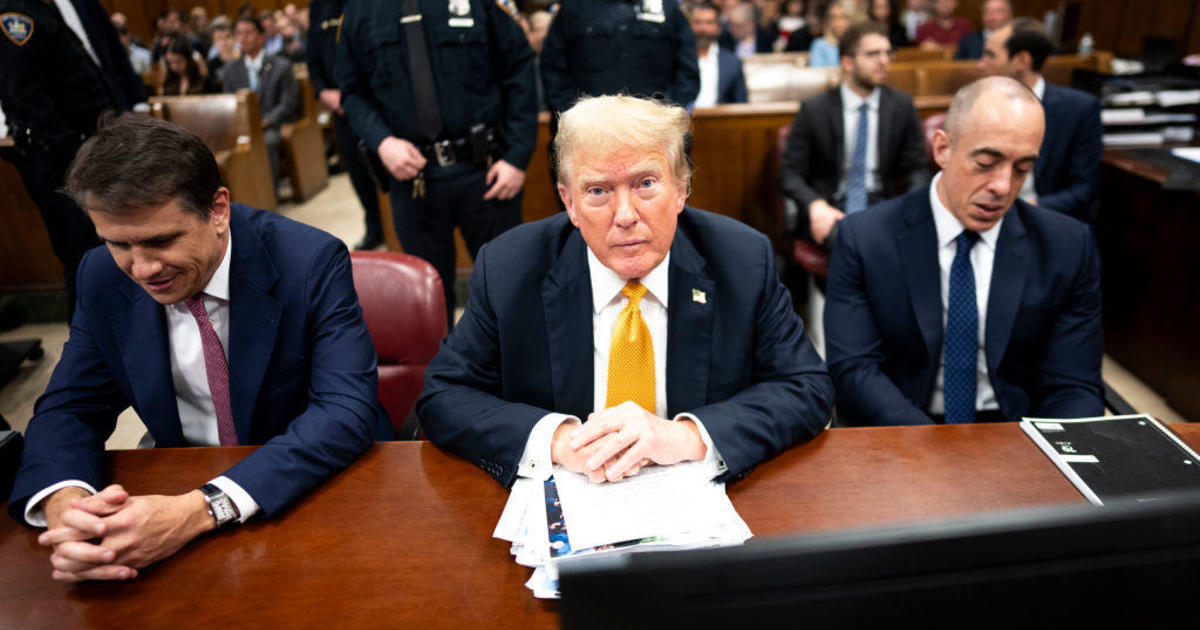
Trump trial ends first day of jury deliberations without a verdict

As the jury considers its verdict, it’s worth looking back on the basics of the prosecution’s case against Trump.
Trump is accused of signing off on a scheme to illegally falsify records, with the goal of covering up the $130,000 “hush money” payment made by Cohen to Daniels in 2016. The scheme was designed to subvert election law and keep the payment secret, prosecutors say.
They allege Trump falsely portrayed reimbursements for the $130,000 payment as monthly checks for ongoing legal services, paid over the course of the first year of his presidency. Each of the 34 counts corresponds to a voucher, invoice or check originating from the payments to Cohen.
Through a progression of witnesses, the prosecution began their case by laying out a broader “catch and kill” scheme to suppress negative stories about Trump during the 2016 election.
David Pecker was the CEO of American Media Inc., the parent company of the tabloid the National Enquirer, in 2016. A longtime friend of Trump, Pecker testified about how he, Trump and Cohen devised a plan to prevent damaging stories about Trump from surfacing in the months leading up to the election. The Enquirer also published negative stories about Trump’s opponents, and positive stories about him. Pecker said the tabloid would run stories by Cohen before they were published.
Pecker agreed to be the “eyes and ears” of the campaign during a meeting in Trump Tower in August 2015, he told the jury. The “catch and kill” effort resulted in three stories being suppressed: those of Stormy Daniels, Karen McDougal and Dino Sajudin. AMI bought the rights to McDougal and Sajudin’s stories, while Cohen paid Daniels himself.
In his closing argument, prosecutor Joshua Steinglass said that AMI’s purchasing of stories on then-candidate Trump’s behalf, in coordination with the campaign, amounted to an unlawful campaign contribution. Steinglass said it “turned out to be one of the most valuable contributions that anyone made to the campaign. This may very well be what got Trump elected.”
At its core, this is a case about documents, and through witnesses like the Trump Organization’s former controller Jeff McConney and Deborah Tarasoff, who handles the company’s payroll, the prosecution walked the jury through the allegedly falsified business records and numerous documents that they argue support this contention.
Prosecutors showed bank records, emails, text messages and call logs over the course of the trial. They also showed two documents bearing the handwriting of Allen Weisselberg and McConney, laying out the repayment calculations for reimbursing Cohen, which they called the “smoking guns.”
They wove together a timeline of events that they say can only lead to one conclusion: that the business records were falsified with Trump’s knowledge, and that this was part of a larger effort to help Trump’s candidacy and prevent voters from learning about potentially damaging information before the 2016 election.
Source: cbsnews.com